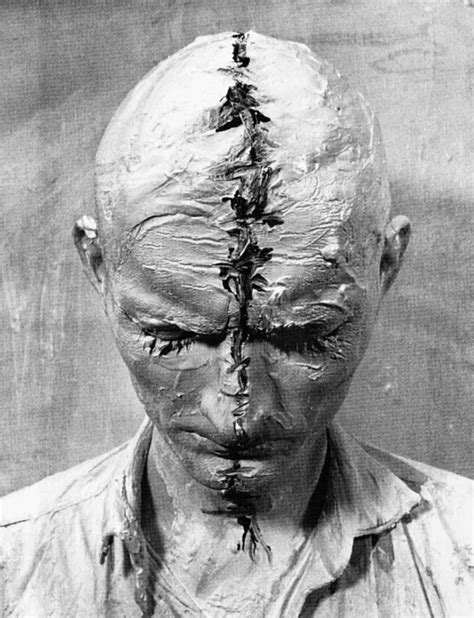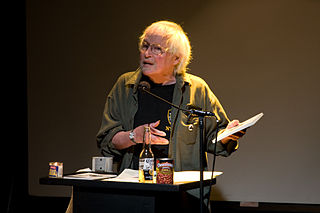A Quote by Jimmy Carter
Being president is as difficult as writing the perfect poem. And being president is as effortless as writing the perfect poem. Always a Reckoning, my first collection of poetry, was described by Booklist as 'keenly evocative.'
Related Quotes
The judges who awarded the 1980 Commonwealth Poetry Prize to my first collection of poems, Crossing the Peninsula and Other Poems, cited with approval and with no apparent conscious irony my early poem, "No Alarms." The poem was composed probably sometime in 1974 or 1975, and it complained about the impossibility of writing poetry - of being a poet - under the conditions in which I was living then.
The statement of ideas in a poem may have to do with logic. More profoundly, it may be identified with the emotional progression of the poem, in terms of the music and images, so that the poem is alive throughout. Another, more fundamental statement in poetry, is made through the images themselves those declarations, evocative, exact, and musical, which move through time and are the actions of a poem.
I have always thought of poetry as an act of celebration. Just by nature of writing a poem you are taking the time to dwell on whatever it is that you're writing about...you can be celebrating anger, you can be celebrating sorrow... you are spending the time to focus and observe and try to understand the various parts of being human.
I think that poetry is an act of celebration, that anytime you're writing a poem, it means that you're celebrating something, even if it's a sad poem, if it's an angry poem, a political poem or anything at all. The fact that you're taking the time and energy to pick up this thing and hold it to the light, and say, "Let's take some time to consider this," means that you've deemed it worthy enough to spend time on - which, in my opinion, is celebrating.
The poem is not, as someone put it, deflective of entry. But the real question is, 'What happens to the reader once he or she gets inside the poem?' That's the real question for me, is getting the reader into the poem and then taking the reader somewhere, because I think of poetry as a kind of form of travel writing.
I'm always writing towards a discovery. When I'm writing poems in particular, I'm often writing because a few images coalesced in my mind and I thought, "I wonder why these images are abrading against each other. I wonder what happens if put them in a poem and explore them." I'm trying to learn something every time I write a poem.
Truly fine poetry must be read aloud. A good poem does not allow itself to be read in a low voice or silently. If we can read it silently, it is not a valid poem: a poem demands pronunciation. Poetry always remembers that it was an oral art before it was a written art. It remembers that it was first song.

































